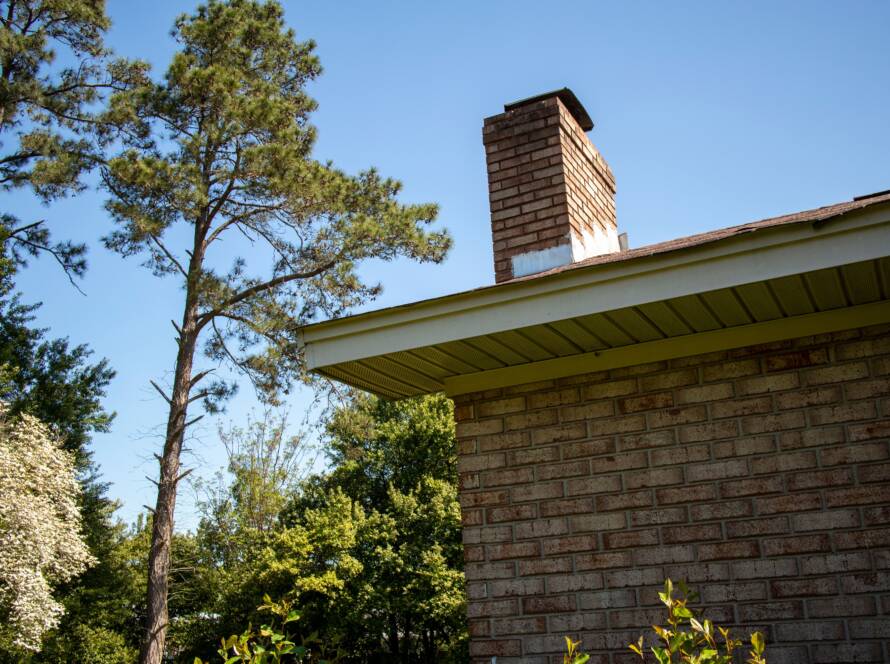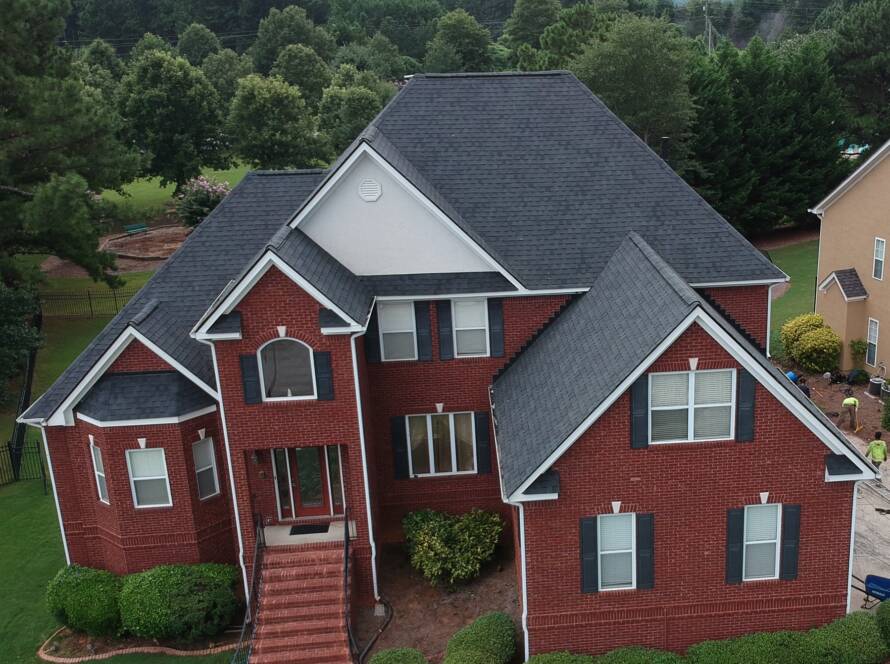Your home’s roof is more than just a protective covering; it plays a significant role in your property’s curb appeal and overall value. When it comes to home improvements, a roof replacement is a substantial investment that many homeowners contemplate. But does replacing your roof increase your property’s value? In this blog post, we’ll explore the relationship between roof replacements and property value to help you make an informed decision.
The Aesthetics and Curb Appeal:
One of the first things people notice about a home is its exterior, and the roof is a prominent feature. A new roof with clean, uniform materials and a fresh appearance can significantly enhance your home’s curb appeal. This improved aesthetics can make your property more attractive to potential buyers, which may lead to a higher selling price.
Energy Efficiency and Cost Savings:
Roof replacements often involve upgrading to more energy-efficient materials. These materials can enhance the insulation and ventilation of your home, reducing energy consumption and utility costs. An energy-efficient roof can be a selling point for prospective buyers, as it promises long-term cost savings. While the increase in property value might not be immediate, the potential for reduced utility bills can be an attractive feature for potential buyers.
Improved Structural Integrity:
An aging or deteriorating roof can lead to problems like leaks, water damage, and structural issues within your home. A new roof ensures the structural integrity of your property, giving peace of mind to both you and future homeowners. When potential buyers know that they won’t need to invest in costly roof repairs or replacements soon after purchasing the property, they may be more willing to pay a higher price.
Extended Lifespan:
A newly installed roof typically comes with a long lifespan, often ranging from 20 to 50 years or more, depending on the material. This can be a selling point for your home because buyers know they won’t have to worry about a roof replacement in the near future. A longer roof lifespan can contribute to an increase in property value, especially if you choose high-quality roofing materials.
Local Market Considerations:
The impact of a roof replacement on property value can also depend on your local real estate market. In areas where many homes have new or well-maintained roofs, having an older roof may put your property at a disadvantage when it comes to market value. In such cases, replacing your roof can help your home remain competitive and potentially sell at a higher price.
Appraisal and Home Inspection:
When you have a roof replacement, it’s essential to inform the appraiser and home inspector during the selling process. They will consider the quality, age, and condition of your roof when assessing your property’s value. A well-documented roof replacement can positively influence the appraisal and home inspection results, contributing to a higher valuation.
Conclusion:
While a roof replacement may not directly increase the appraised value of your property, it can have a significant impact on your home’s marketability and desirability to potential buyers. A new roof enhances aesthetics, energy efficiency, and structural integrity, which can make your property more attractive and valuable in the eyes of prospective buyers. Ultimately, a well-maintained roof can be a valuable asset in both protecting and enhancing your home’s worth.




